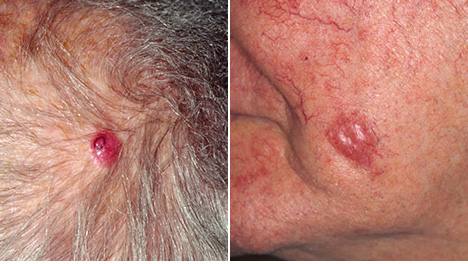Mayo Clinic Q & A

September 21, 2023
DEAR MAYO CLINIC: I recently heard about a type of skin cancer called Merkel cell carcinoma. I'm not familiar with this condition. Can you explain[...]
Explore more topics
 Sign up
Sign up

Mayo Clinic Connect
An online patient support community
